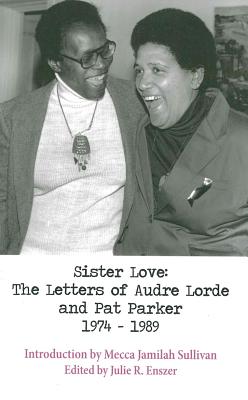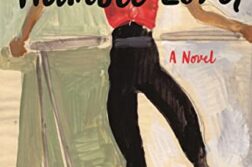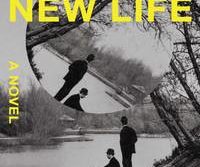 Conversations with Edmund White
Conversations with Edmund White
Edited by Will Brantley
and Nancy McGuire Roche
Univ. Press of Mississippi. 208 pages, $25.
Reprinted from sources ranging from The Paris Review to Granta—and including three interviews that were originally published in this magazine—this collection of talks with Edmund White runs from 1982, when White’s third novel, A Boy’s Own Story, was published, to 2016, with the publication of Our Young Man. The book offers many insights into his creative process. When writing novels, White often follows Flaubert’s command to “marinate”: to lie on the couch for a long time and daydream before setting pen to paper. After that he writes quickly but for short periods of time.
The interviews are presented in chronological order, allowing the reader to follow White’s evolving thoughts on same-sex marriage, LGBT assimilation, gay literature, and the AIDS crisis, among many topics. Inevitably, there is some repetition, especially when he talks about his childhood and adolescence in the Midwest. White enjoys discussing other writers, especially those he admires. The short list always includes Nabokov (his early champion), Colette, and Proust. Over the years he has also mentioned Gertrude Stein, Ronald Firbank, Coleman Dowell, Christopher Isherwood, James Merrill, and Alan Hollinghurst. Non-gay writers would include Raymond Carver, Richard Ford, Chekhov, and Thomas Pynchon.
Martha E. Stone
 Sister Love: The Letters of Audre Lorde and Pat Parker, 1974–1989
Sister Love: The Letters of Audre Lorde and Pat Parker, 1974–1989
Edited by Julie R. Enszer
A Midsummer Night’s Press.
128 pages, $14.95
“Warmth from a cold place,” begins the first letter in Sister Love, dated October 12, 1974, and sent from Audre Lorde’s house in Staten Island to Pat Parker’s home in sunny California. In this simple greeting, the reader detects intimacy, affection, a certain amount of exhaustion (Lorde goes on to describe the “deluge of work” she just waded through). Reading through the letters, one has the sense of eavesdropping on a conversation that started long ago (they met in 1969) and will continue for years to come, as their narrative threads are picked up by their many intellectual descendants. The latter include living poets, scholars, political activists, black women, lesbians, and the many combinations thereof.
When Lorde and Parker speak of the important work they have done—the journals edited, the events organized—they’re not just speaking of their individual achievements; they’re talking about an entire movement that owes no small part of its existence to their efforts. Many readers will no doubt come to Sister Love for exactly this reason: to be part of that conversation and that movement. Others will come for the window into these poets’ private lives that this book offers. Much of the women’s correspondence consists of filling each other in on the events of their lives, recounting the readings, vacations, and trips to the hospital that occupied their time when they weren’t writing. In the second half of the book, Lorde and Parker both reckon with cancer and the knowledge that death is stalking them. Their reflections on mortality alone make this a worthwhile book. In the end, Sister Love is a fascinating, if slim, addition to Lorde and Parker’s bodies of work.
Ruth Joffre




